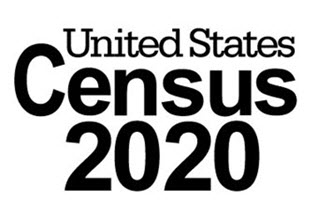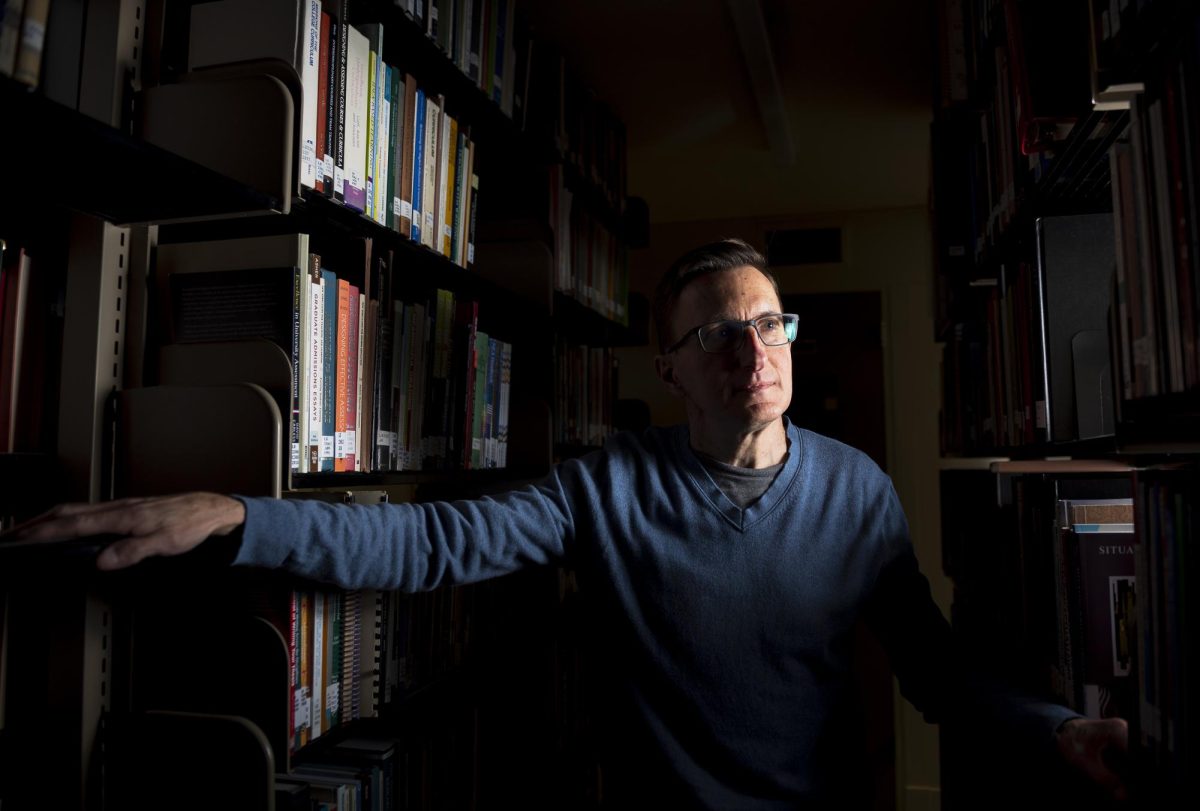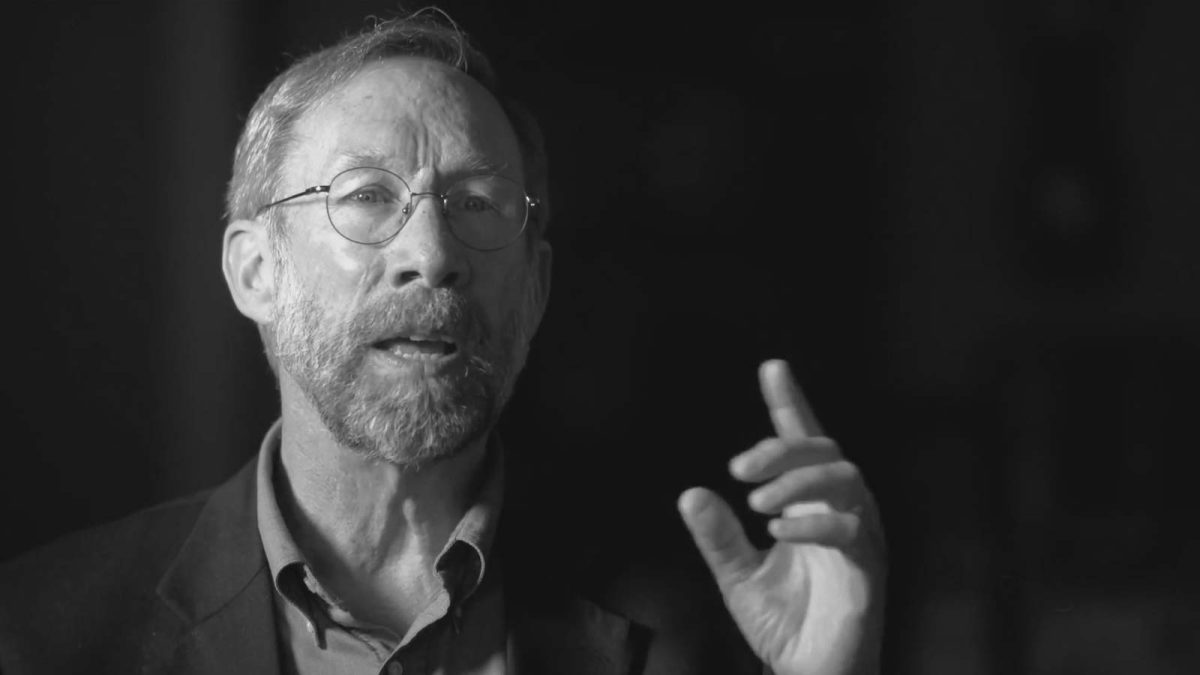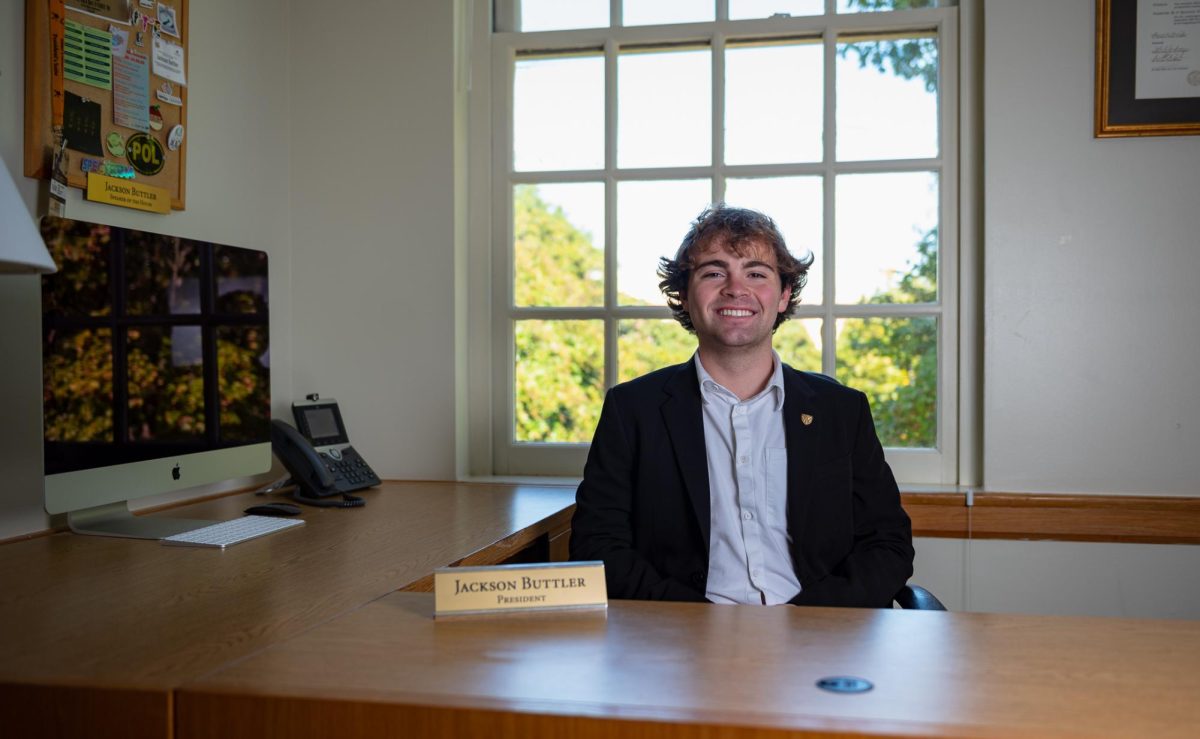Catherine Harnois is a sociology professor whose research focuses on gender and other social inequalities. She was recently quoted in a New York Times article titled“The Census Needs to Count Women. The Pandemic Makes That Harder,” in which Harnois provided insight into women’s potential underrepresentation in the U.S. Census.
Harnois’ expertise sheds some light on the challenge that is the decennial Census. With so much ambiguity in the near future due to COVID-19, concerns are raised about how representative the Census will truly be. As women and disadvantaged groups around the U.S. are more likely to be underrepresented, the necessary delay in data collection poses unprecedented further challenges.
Could you explain a little bit about your background in women’s studies and its relation to sociology?
I was a women’s studies minor as an undergraduate and an anthropology major. I found sociology late in my undergraduate career, but when I found it, I knew that was what I wanted to do. I then pursued a master’s degree and a Ph.D. in sociology at UNC-Chapel Hill. My dissertation was about multiracial feminism, which we might now refer to as intersectional feminism — feminism that is attentive to multiple systems of inequality. One stream of my research examines and critiques and develops survey methods from an intersectional perspective.
On April 13, the U.S. Census Bureau announced that there will be a four-month delay in collecting 2020 Census data due to the COVID-19 pandemic. Does this cause any extra challenge?
One challenge stems from the fact that the Census is pretty infrequent — every 10 years. Right now, they’ve planned this massive educational campaign to educate people about the Census and to make sure people pay attention to it. Workers have already been hired, including my mother, but all of this has been thrown up into the air because of the coronavirus. The Census Bureau knows that they should push it back, which is reasonable considering the situation that we’re in right now, but it raises other concerns about how it is going to be managed at a later time, and whether people will be paying attention to it at that point.
In the New York Times article, you mention the reasons why women can be underrepresented in the Census. Can you elaborate on this potential underrepresentation of women?
The Census is really important for a number of different reasons. The data determine political representation at the federal level, but also the allocations of federal funds for communities. In terms of women, as you probably know, women tend to do a lot of the care work at home, whether that’s caring for young or elderly people. Sociologists talk about the “second shift,” which refers to this extra burden women tend to have, on average, in comparison to men, as they combine their paid work with their care work in the home. Sociologists have shown that women tend to have less free time, on average, compared to men. If you already have a mountain of things that need to get done with more pressing deadlines, you might understandably put the Census on the backburner.
You have done a lot of research in intersectional feminism. How does that sociological approach relate to the Census?
Intersectionality reminds us that, as Census workers design, conduct and interpret the results from the Census, we have to be mindful of multiple types of inequality, and how they combine in contextually specific ways. Disadvantaged people are less likely to be reached by Census workers. If disadvantaged people are already less likely to be counted in the Census, that is going to further disadvantage the communities in which those people are living. An intersectional perspective would insist that we think about all these disadvantages and disadvantaged groups, including people who are undocumented and also people with disabilities. What do we need to do to make sure those communities and those individuals are represented?
Do you think that with the Census being delayed, less people will take the time to complete it?
I think we’re really in unprecedented waters. I think if people were doing it now and we didn’t have the extra time, we would still have a low response rate because of the pandemic. How many people are in the right frame of mind now to remember the Census and to complete it accurately? If they don’t complete the online form, how many people are going to open their doors to a stranger asking them to fill it out? That said, we also don’t know where we’ll be six months from now. With a pandemic, an upcoming presidential election, it’s hard to know whether people will see the Census as an important civic responsibility, or something that they don’t have the time for. I hope they see it as a civic responsibility.













